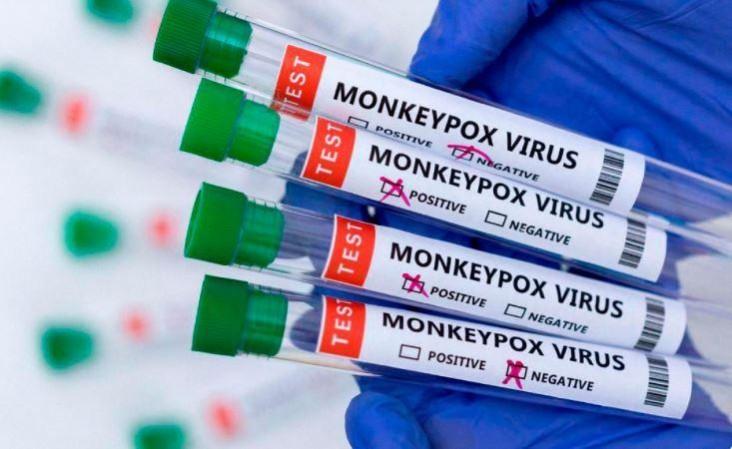
The global health community is on high alert as a new and deadlier strain of Mpox, known as Clade 1b, has emerged, posing a significant risk to children. This outbreak, currently ravaging Africa, has been declared a global health emergency by the World Health Organization (WHO) on August 15, 2024.
The current outbreak is a stark contrast to the Mpox outbreak experienced in 2022. The previous outbreak was driven by Clade II, a less virulent strain, with infections primarily seen in men who had sex with other men. Since then, the WHO has reported 99,176 cases and 208 deaths due to Mpox from 116 countries. India detected a total of 30 cases, with the last case reported in March 2024.
However, the situation has escalated significantly in 2024, with over 15,600 cases and 537 deaths reported so far. The latest outbreak is primarily caused by Clade Ib, which jumped to humans from animals in September 2023.
Dr. Rajeev Jayadevan, co-chairman of the Indian Medical Association's National Covid-19 Task Force, highlighted that the pattern of spread and mortality are markedly different from what was experienced in 2022. This time, a greater number of people are being infected, including women and children.
Historically, Mpox was transmitted through close physical contact or sexual contact, as observed in the 2022 outbreak, and the infection was largely confined to the MSM (men having sex with men) community. However, the current resurgence has highlighted a growing vulnerability in children.

Dr. Rohit Garg, Consultant, Infectious Disease, Amrita Hospital, Faridabad, emphasized that Mpox is posing a notable risk to children, though they represent a smaller proportion of cases compared to adults. Recent data indicates an increase in pediatric cases during the current resurgence, with children showing symptoms similar to those in adults but potentially facing more severe outcomes.
As per WHO data (2022-2024), as of July 2024, there were 1,156 (1.3 per cent) cases reported aged 0-17, out of which 333 (0.4 per cent) were aged 0-4. This increase in transmission rates in households and schools emphasizes the need for vigilant monitoring and preventive measures.
The fact that children are readily getting infected suggests that either close contact or respiratory or both modes of transition could potentially be involved. This requires validation, however, as stated by Dr. Jayadevan.
The global response to the Mpox outbreak has been mixed. Africa Centers for Disease Control and Prevention (CDC) director Gen Dr. Jean Kaseya appealed to Africa's international partners for help, saying that the escalating caseload in Africa had largely been ignored.
The new Mpox strain poses a significant risk, particularly to children, and requires a global response. The need for vigilant monitoring, preventive measures, and increased awareness is paramount. The situation calls for a collective effort from all stakeholders to curb the spread of this infectious disease. The world must come together to address this health crisis, learning from past experiences and implementing effective strategies to protect the most vulnerable among us.





!['Had denied Housefull franchise as they wanted me to wear a bikini': Tia Bajpai on turning down bold scripts [Exclusive]](https://data1.ibtimes.co.in/en/full/806605/had-denied-housefull-franchise-they-wanted-me-wear-bikini-tia-bajpai-turning-down-bold.png?w=220&h=138)



